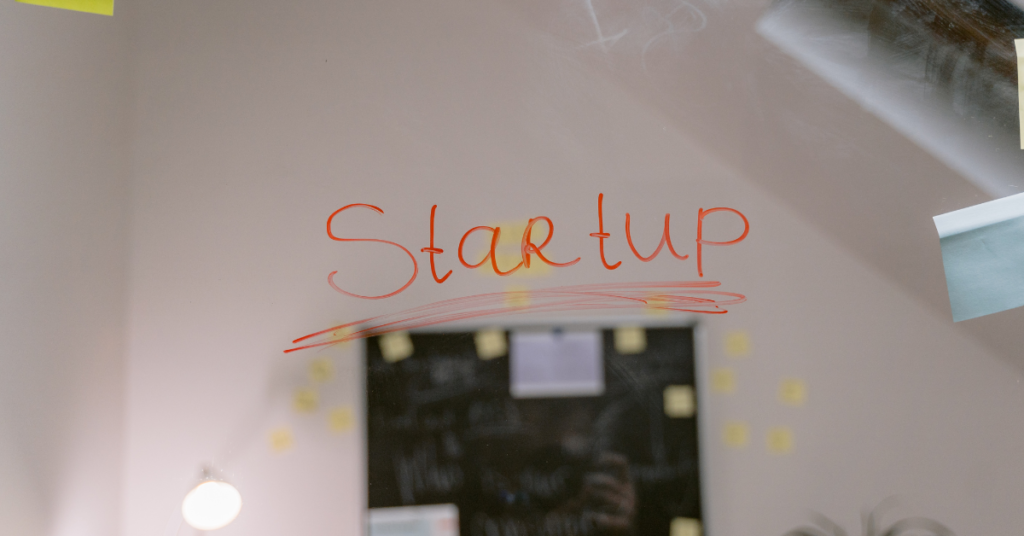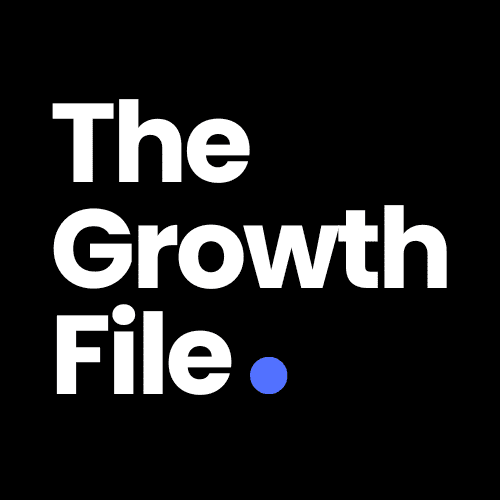Building a Software Startup Without Reinventing the Wheel

The startup world frequently emphasises the “disruptive” notion – an innovative concept that completely changes the game.
But what happens if your great idea isn’t that original?
What happens if you’re creating software that’s a bit like that of current players but unique?
Like you, a lot of single entrepreneurs struggle with this dilemma.
Building a Software Startup That Competes
You’re developing a software solution while competing with established businesses with vast resources.
The good news is that success does not have to be achieved just through innovation.
The “Fast Follower” Strategy
This is how a lot of successful businesses operate, particularly those in the SaaS (software as a service) space.
They copy the majority of competitors’ features while adding certain key features from the competitors’ paid plans to their initial/free plan.
This can be an excellent strategy to attract consumers and get some initial traction.
But here’s the catch. Being a “fast follower” is a fantastic start, but every business requires a USP (unique selling proposition).
This does not necessarily imply innovative features. It might be:
- Exceptional Customer Service: Personalised support, timely responses, and the building of strong relationships are ways to distinguish yourself from the competition when it comes to providing exceptional customer service.
- Niche Focus: As the go-to resource for their particular needs, you might focus on serving a certain market group rather than reaching out to everyone.
- Better User Experience: Your elegant design could be a unique selling point! A seamless and user-friendly interface may greatly improve the user experience in today’s user-centric environment.
The Value Proposition
What your value proposition is still the most important question.
What benefits are you facilitating for your clients, or what problem are you solving for them?
Having a beautiful design might not be sufficient if you are unable to explain why someone would pick you over more seasoned competitors.
Ask yourself:
If you don’t have something novel or special to offer, why would someone buy from you?
Your primary focus should be on understanding what your customers are expecting from you rather than what would you want to sell them.
Agility and Efficiency
One of the benefits of being a solo founder is that you can be flexible and quick to adapt to changes.
Act promptly in response to consumer input and market changes.
Against more established businesses with slower decision-making processes, this agility can be an important competitive edge.
The “Tiny Slice” Strategy
It makes sense that you want to take a tiny piece of the market.
Significant success can be achieved even with a tiny share of a big market.
Here’s the deal: Make sure your slice is loyal.
Create a community around your software, establish a strong brand identity, and put the needs of your customers first.
Innovation is an Ongoing Journey
Though a ground-breaking idea isn’t necessary for early success, innovation should always be considered.
The means to investigate new features, integrations, or even whole new product lines are frequently produced by successful initiatives.
The Bottom Line
Make your main goal to develop a superior product with an outstanding user experience, first-rate customer support, and a distinct value offer.
Create a niche for yourself in the industry by utilising your advantages as a lone founder.
Keep in mind that your startup can succeed even with a tiny yet devoted customer base.
Disclaimer: The information contained in this blog, is intended for general informational purposes only and does not constitute professional advice. Always consult with a qualified professional before making any business decisions based on the information you find on this blog.
-
Jithin Prem
Jithin is a business enthusiast and marketing strategist who enjoys exploring what makes businesses thrive. Marketer by profession, his fascination extends far beyond. He likes to dive into various industries, figure out what gets results, and pour out ideas that can make businesses shine. Having years of real-world experience with branding and marketing behind him, he is well aware of the challenges entrepreneurs go through.
